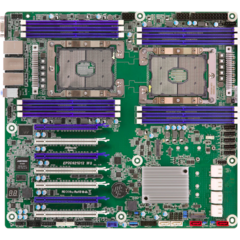How should I OC and stress-test a 6700K
-
Featured Topics
-
Topics
-
AcidVinyl ·
Posted in Graphics Cards1 -
Phantasmagoria ·
Posted in Cooling0 -
BotherRed ·
Posted in General Discussion1 -
0
-
0
-
0
-
GOATWD ·
Posted in Operating Systems8 -
Wubb ·
Posted in New Builds and Planning3 -
erico2304 ·
Posted in Troubleshooting1 -
aisle9 ·
Posted in Peripherals1
-



















Create an account or sign in to comment
You need to be a member in order to leave a comment
Create an account
Sign up for a new account in our community. It's easy!
Register a new accountSign in
Already have an account? Sign in here.
Sign In Now